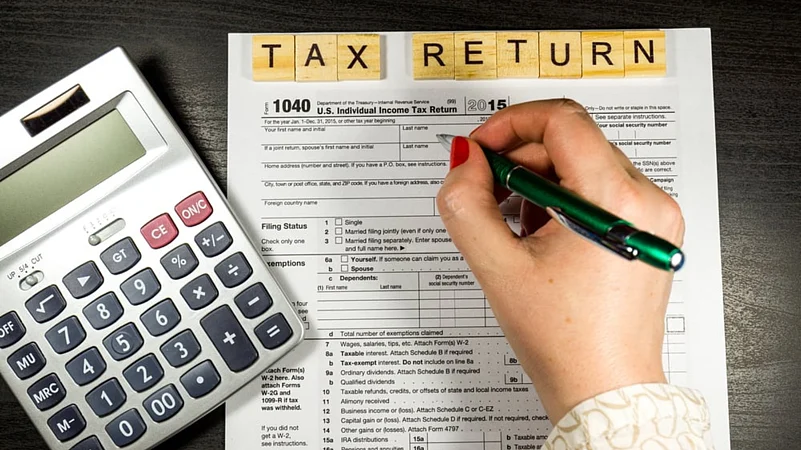The Central Board of Direct Taxes (CBDT) issued a gazette notification on January 20, 2025, explaining four difficulties in implementing the Direct Tax – Vivad Se Vishwas Scheme (DTVSV). However, before we look at the difficulties, it is essential to understand the scheme and its applicability. During the Union Budget 2024–25 to expedite the resolution of long-pending income tax cases, some dating back as far as 1962. The scheme is meant to withdraw outstanding tax demands for up to Rs 25,000, for cases pertaining to the period up to 2009-10, and Rs 10,000 for cases between 2010-11 and 2014-15.
The scheme applies to the income tax litigations which were pending before different appellate authorities including the Supreme Court as on July 22, 2024. It is an effort to reduce the pendency of tax disputes and allow taxpayers to settle disputes by paying only the disputed tax amount, exempting them from additional interest and penalties.
The disputed tax is the income tax, including surcharge and cess, payable by the taxpayer to the Income Tax department. So, anyone facing any demand from the Income Tax department needs to pay only the tax liability amount, and the income tax authority will pass an order and close the matter.
The rules and forms were notified on September 20, 2024, and it became effective from October 1, 2024, and the deadline for it was set on December 31, 2024. So, a taxpayer needs to pay only the tax liability by this date and come out of the dispute. However, this last was extended by the Central Board of Direct Taxes (CBDT) by one month to January 31, 2025.
Challenges In Implementation:
However, CBDT highlighted four situations under which the implementation of DTVSV faced difficulties. CBDT outlines these four difficulties:
When an order has been passed for a person on or before July 22, 2024
The time for filing an appeal in a tax dispute order was available on this date (July 22, 2024)
The appeal regarding such an order has been filed after this date (July 22, 2024) but within the stipulated time for filing such an appeal
The appeal is filed for condonation of delay without an application
Due to these situations, a large number of taxpayers were not able to avail themselves of the benefits of the scheme.
Removing The Difficulties:
To address these issues, the Ministry of Finance, using the powers conferred under the Finance Act 2024, has passed an order removing these difficulties. The notification outlined:
“In the case of such a person, the aforesaid appeal shall be considered as pending as of the 22nd day of July 2024 for the purposes of the said Scheme
Such a person shall be considered as an appellant for the purposes of the said Scheme
In such a case, disputed tax shall be calculated on the basis of such appeal, and
The provisions of the said Scheme and the rules framed thereunder shall apply accordingly in such a case”.
With this resolution, cases previously excluded are now covered, enabling such taxpayers to settle their disputes and benefit from the scheme.











